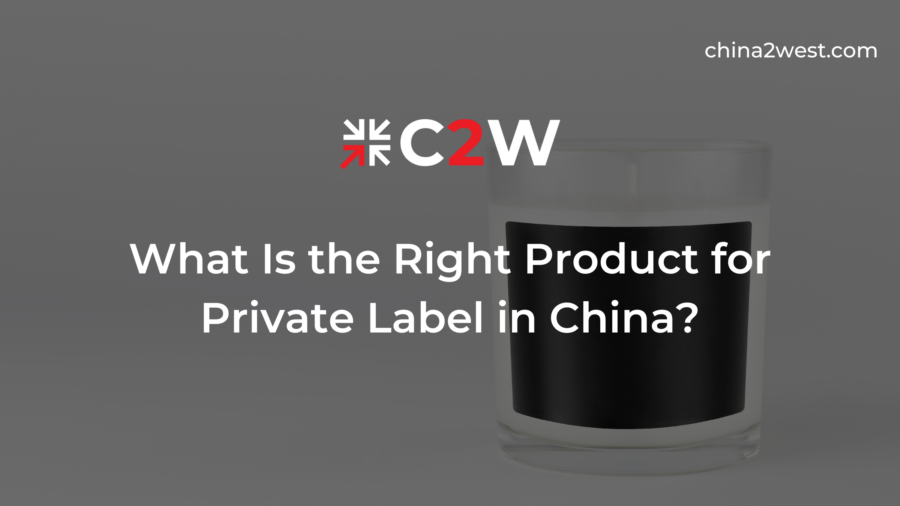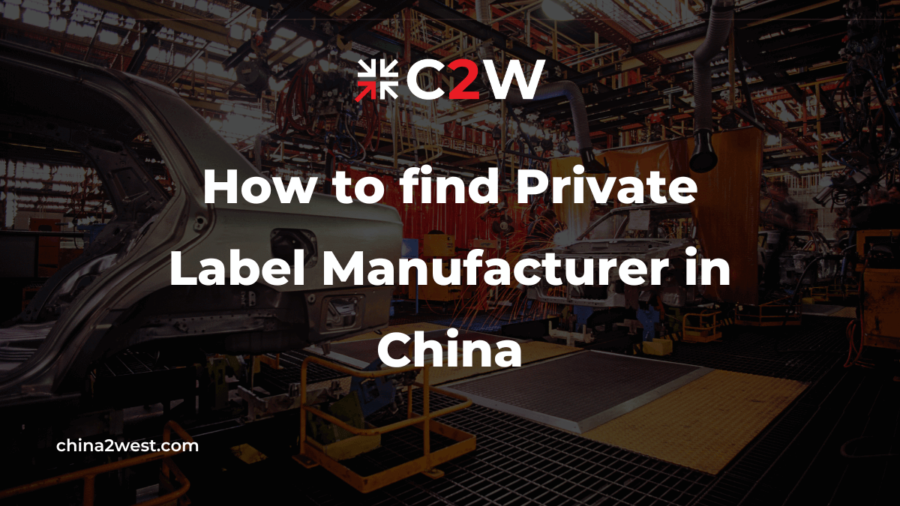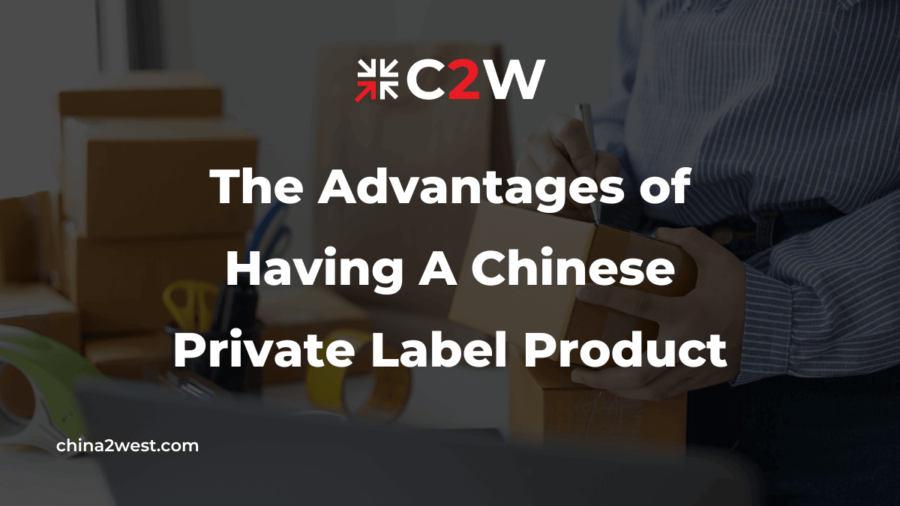Selecting the perfect product for private label in China is a pivotal decision that can either make or break your business venture. Private labeling offers numerous advantages, from brand control to cost-effectiveness.
In this comprehensive guide, we’ll not only explore the benefits but also provide you with a wide array of product ideas tailored for the Chinese market. Let’s dive in.
The Benefits of Private Label
Private labeling provides businesses with a plethora of advantages that make it an enticing choice for entrepreneurs.
Control Over Your Brand
When you opt for private label, you gain full control over your brand. This means you can customize the product’s packaging, design, and marketing strategy to align perfectly with your target audience.
Your brand identity can shine through every aspect of your product, creating a cohesive and appealing image for your customers.
Cost-Effective Entry
Starting a brand-new product line from scratch can be a costly endeavor. Private labeling offers a more cost-effective entry into the market.
You don’t have to invest heavily in research and development because you’re taking an existing product and giving it a fresh identity. This makes it an attractive option for businesses looking to enter the market without significant upfront expenses.
Top Product Ideas for Private Label in China
Now, let’s explore some promising product ideas that are well-suited for private label in China.
Electronics and Gadgets
China’s electronics market is vast and diverse. From mobile phone accessories to smart home devices, there’s a plethora of opportunities to explore. The demand for innovative and affordable gadgets is ever-growing, making this a potentially lucrative niche.
Health and Wellness Products
Health and wellness products, such as dietary supplements, fitness equipment, and wellness accessories, have gained popularity not only in China but worldwide. The country offers cost-effective manufacturing for such items, making it an attractive choice for private labeling.
Fashion and Apparel
China is renowned for its textile and fashion industry. Private labeling clothing, accessories, or footwear can be a profitable venture. Whether it’s trendy apparel or timeless classics, the diverse Chinese manufacturing landscape can cater to your fashion branding needs.
Kitchen and Outdoor Cooking Appliances
The kitchen and outdoor cooking appliances market is a booming industry. With people spending more time at home and enjoying outdoor activities, products like kitchen gadgets and outdoor cooking equipment are in high demand. Private labeling in this niche can lead to substantial profits.
Factors to Consider
Now that you understand the advantages of private labeling, let’s delve into the factors you need to consider when selecting the right product.
Market Research
Before diving headfirst into private labeling, it’s crucial to conduct comprehensive market research. This will help you identify trends and gaps in the market. Understanding what products are currently in demand will guide your product selection.
Competition Analysis
Analyzing your competition is equally important. While you may be inclined to choose products that are already doing well, don’t overlook the value of finding niches with less market saturation.
Avoiding fiercely competitive markets can make your entry smoother and more profitable.
Profit Margins
Before making a final decision, calculate the potential profit margins for your chosen product. Some products may have higher manufacturing costs, which can affect your bottom line. Ensuring that your private-label products offer a healthy profit margin is essential for a sustainable business.
Avoiding Common Pitfalls
While private labeling can be a lucrative business model, there are common pitfalls that you must be aware of and avoid.
Low-Quality Suppliers
Selecting the right supplier is crucial. Low-quality suppliers can lead to subpar products, negatively impacting your brand’s reputation. Thoroughly vet your potential suppliers, check references, and request product samples to ensure you are partnering with reputable manufacturers.
Intellectual Property Concerns
Respecting intellectual property rights is non-negotiable. Ensure that your product designs, branding, and any associated content do not infringe on copyrights or trademarks. Legal complications can be detrimental to your business, so stay on the right side of the law.
Inadequate Marketing
Even with an excellent product, poor marketing can lead to failure. Develop a robust marketing strategy that allows you to reach your target audience effectively. A well-executed marketing plan can be the difference between success and obscurity.
Extra Tips for Success
To thrive in the world of private label in China, consider the following tips:
Build a Strong Brand
Invest time and effort into building a strong and recognizable brand. A well-defined brand identity can set you apart from the competition and create a lasting impression on your customers.
Quality Control
Maintaining product quality is paramount. Regularly monitor the quality of your products to uphold high standards. Happy customers are more likely to become repeat buyers and recommend your brand to others.
Adapt to Market Changes
The market is dynamic and constantly evolving. Be prepared to adapt your product offerings based on changing trends and shifting consumer preferences. Flexibility is key to long-term success.
Legal Considerations
Navigating the legal landscape is essential when private labeling in China. Intellectual property rights are a significant concern. Ensure that your product designs, branding, and content do not infringe on copyrights or trademarks.
Additionally, understand the import regulations and compliance standards for the specific product category you’re entering. Staying on the right side of the law is crucial for a successful and sustainable business.
Finding Reliable Suppliers
Finding reliable suppliers is a critical step in your private labeling journey. To locate trustworthy suppliers, consider attending trade shows and networking with industry professionals.
Utilize online platforms like Alibaba and conduct due diligence by checking supplier references and requesting product samples. Building a strong relationship with reliable suppliers is key to your business’s success.
Product Categories to Avoid
While many product categories can be profitable for private labeling in China, it’s wise to avoid highly regulated or sensitive items, such as pharmaceuticals or certain food products.
Always research and understand the regulations governing your chosen product category to ensure compliance and avoid potential pitfalls. Choosing the right product category is a fundamental aspect of your private labeling journey and can significantly impact your success.
Selecting the ideal product for private labeling in China is a strategic decision that demands careful consideration. Remember that, in the dynamic landscape of private labeling, your adaptability and commitment to brand excellence will be your greatest assets.
So, as you embark on your journey, be resolute in building a strong, distinct brand that resonates with your target audience and stay vigilant in upholding the quality of your products. Having a right partner for your private labeling in China will be a great approach. C2W has over 18 years of experience in this realm and has helped countless start-ups kick off their business success. Contact us now!




